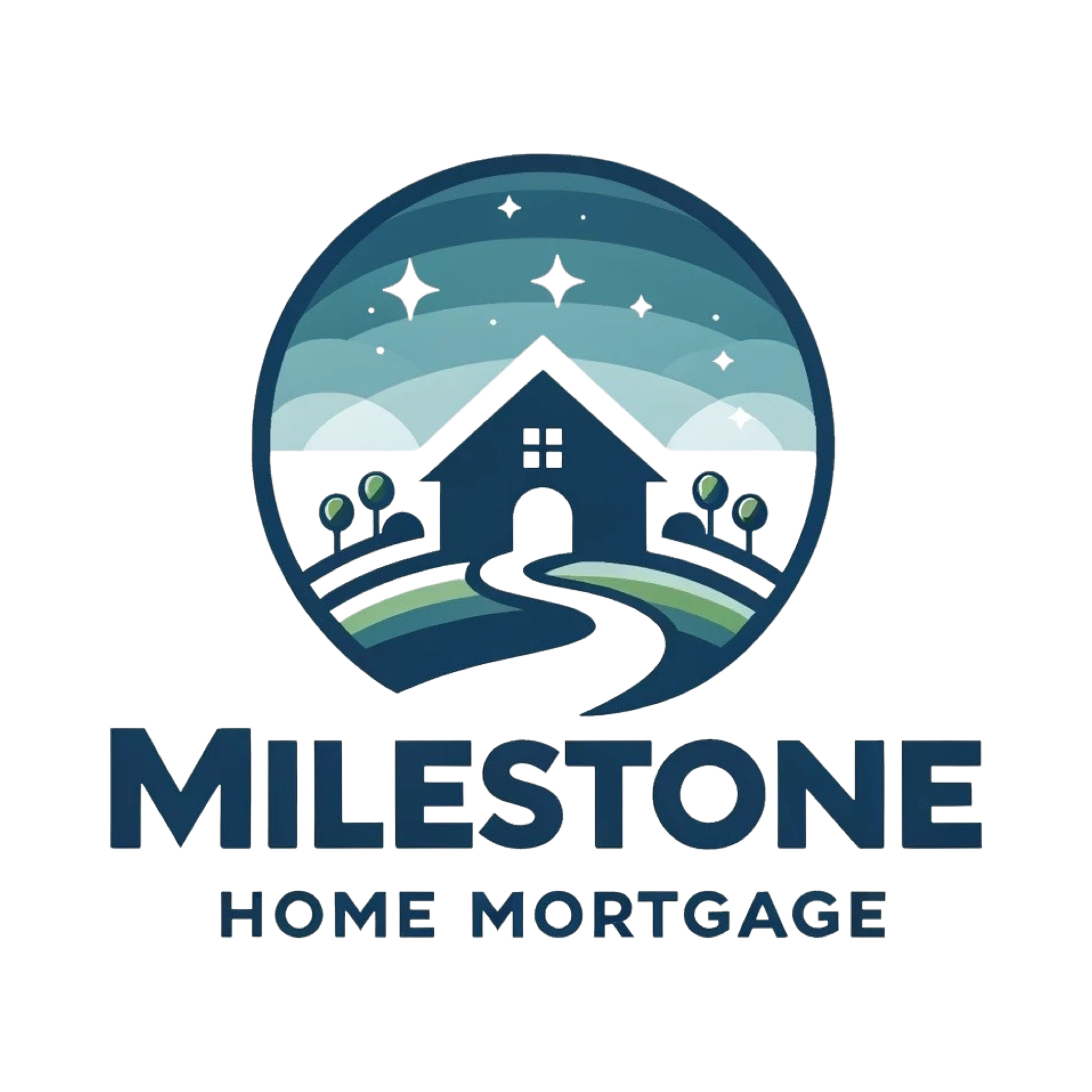Reverse Mortgages
Reverse mortgages (sometimes referred to as “home equity conversion loans”) enable older homeowners to tap into home equity without selling their home. The lending institution gives you money determined by the equity you’ve accrued in your home; you get a lump sum, a payment each month or a line of credit. The loan does not have to be repaid until the homeowner sells his residence, moves out, or dies. You or representative of your estate has to pay back the reverse mortgage funds, interest, and other finance charges when your property is sold, or you no longer live in it.
Are you Eligible?
Most reverse mortgages require you be at least 62 years of age, have a low or zero balance in a mortgage and maintain the property as your principal residence.
Many homeowners who are on a fixed income and need additional money find reverse mortgages advantageous for their situation. Rates of interest may be fixed or adjustable while the money is nontaxable and doesn’t adversely affect Social Security or Medicare benefits. Your house is never at risk of being taken away from you by the lending institution or put up for sale against your will if you live past the loan term – even if the current property value dips below the balance of the loan.
How does a reverse mortgage work?
A reverse mortgage works the way that it sounds. The homeowner does not make payments but instead the lender makes the payments to the homeowner. The payments can be received in a variety of ways all of which is up to the homeowner. Interest is paid on the amount that is received. the interest is in the total loan balance and because of this, nothing is paid up front. The title to the home is kept with the borrower. During the life of the loan, the homeowners debt will increase while the equity is decreased.
Otherwise known as a forward mortgage, the home is used as collateral for a reverse mortgage. If something were to happen to the homeowner, the proceeds from the home’s sale go to the lender to repay the reverse mortgage’s principle, interest, mortgage insurance, and fees.
Any sale proceeds beyond the borrowed amount, payout to the homeowner (if still living). If the homeowner has died than it would be the estate. In some instances, the home will be given to the family if they are willing and able to pay the mortgage off.
Lets talk about the different types of reverse mortgages in Denver Colorado
One of three of the most common types of reverse mortgages is the home equity conversion mortgage. The abbreviation for this is (HECM). The conforming loan limit is set anually by the Federal Housing Finance Agency. The HECM represents almost all of the reverse mortgages that lenders offer on home values below the conforming loan limit. You can also get a Federal Housing Administration reverse mortgage (FHA). Call your lender and make sure that they are able to offer this type of loan to you.
If you have a property that is higher in value than you could be eligible for a jumbo reverse mortgage. Another name for this is a proprietary reverse mortgage.
There are six different ways you can choose to receive the proceeds:
Line of credit: The money is made available to the borrower as needed. The interest that is charged is on the amounts that are borrowed.
Equal monthly payments: The lender will make steady monthly payments for as long as the borrower stays in the home. The lender will make the steady payments and this is also known as a tenure plan.
Equal monthly payments + line of credit: Steady monthly payments over the duration of the borrowers stay in the home as a principle residence. If the borrower needs more capital they can have access to a line of credit.
Lump sum: A lump sum is a single payment made at a certain time as opposed to smaller payments. Essentially you receive all the proceeds upon closing. This type is the only one that has fixed interest rates. All the other types have adjustable interest rates.
Term Payments: The lender provides equal monthly payements for a pre determind amount of time
Term payments plus a line of credit: The lender provides the borrower with equal monthly payments for an pre-determined time period that the borrower chooses. This could be as long as up to 10 years. If during this time period the borrower requests more money they can access credit.
Is a reverse mortgage right for you?
From the outside, a reverse mortgage can seem similar to a home equity line of credit (HELOC). A lump sum can be provided through a reverse mortgage in Denver. A line of credit can also be acquired in alternative and can be accessed as needed. This amount is that you are able to borrow is based upon the amount that’s paid off from your home. You do not need to have good credit to qualify, and you wont make any loan payments as long as the primary residence is your home.
As an example, a reverse mortgage is one way of accessing home equity without selling the home for seniors in situations like:
– No longer can afford a monthly payment
– Not eligible for a home equity loan or refinance of limited cash flow or poor credit.
– Making a monthly payment every month is stressful, this can relieve that responsibility.
Have more questions?
Contact us and we’re happy to answer them! Call us at: 303-800-4595!







